Born in Cresco, Iowa in 1942, Bart Holaday attended the Air Force Academy before going to Oxford to read for a second undergraduate degree in PPE (Philosophy, Politics and Economics). After a period working in the Defense Department, the Department of the Interior and the Federal Energy Administration, he held a number of roles in the energy sector and then moved to become a key player in venture capitalism. In 1997, Holaday set up the Dakota Foundation, a non-profit organisation focusing on initiatives that foster social entrepreneurship and enhance self-sufficiency. He has also established the Holaday Scholarships at Exeter College, Oxford, has been named an Honorary Fellow of Exeter College, and continues to support a wide range of philanthropic initiatives. This narrative is excerpted and edited from an interview with the Rhodes Trust on 8 May 2024.
Bart Holaday
North Dakota & Exeter 1965
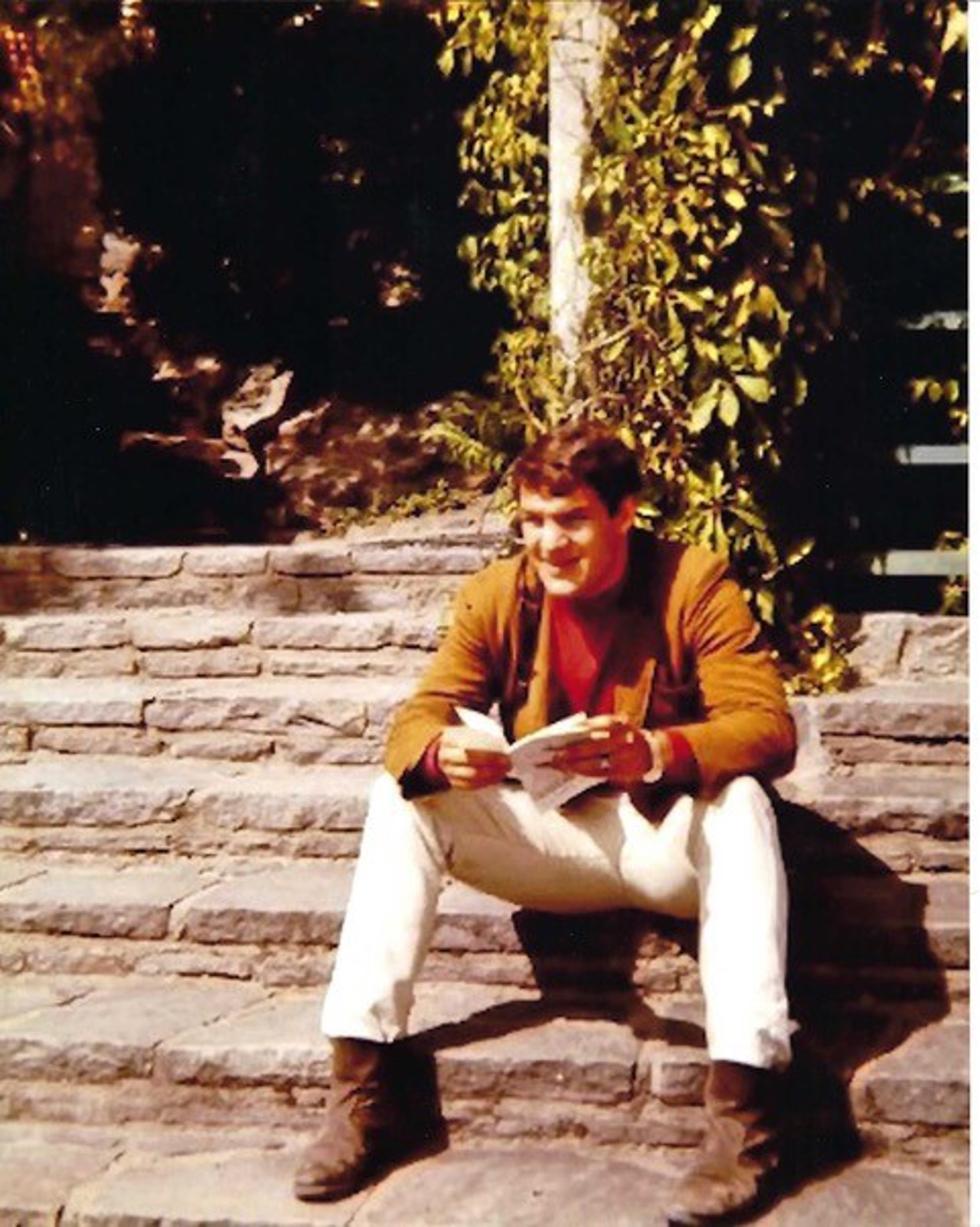
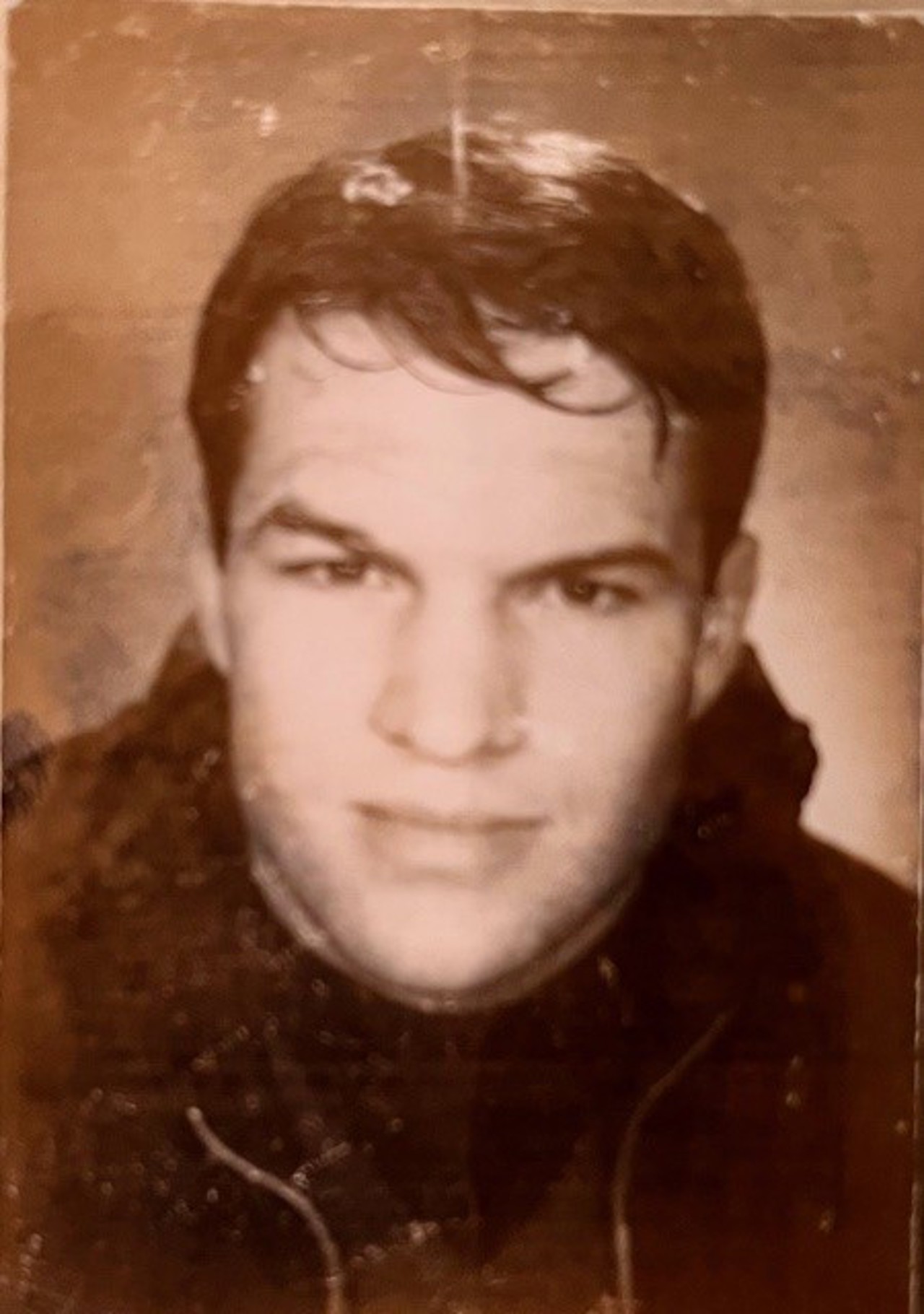
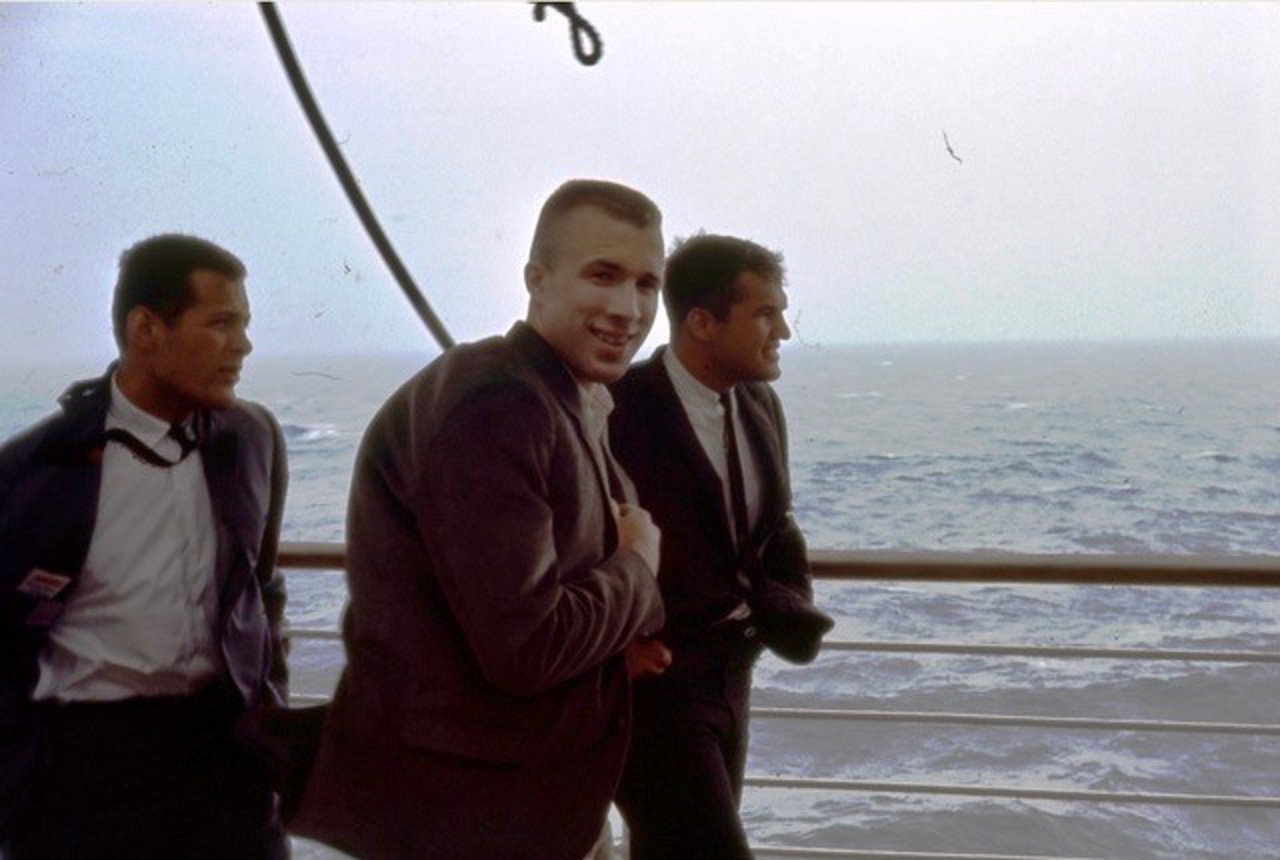
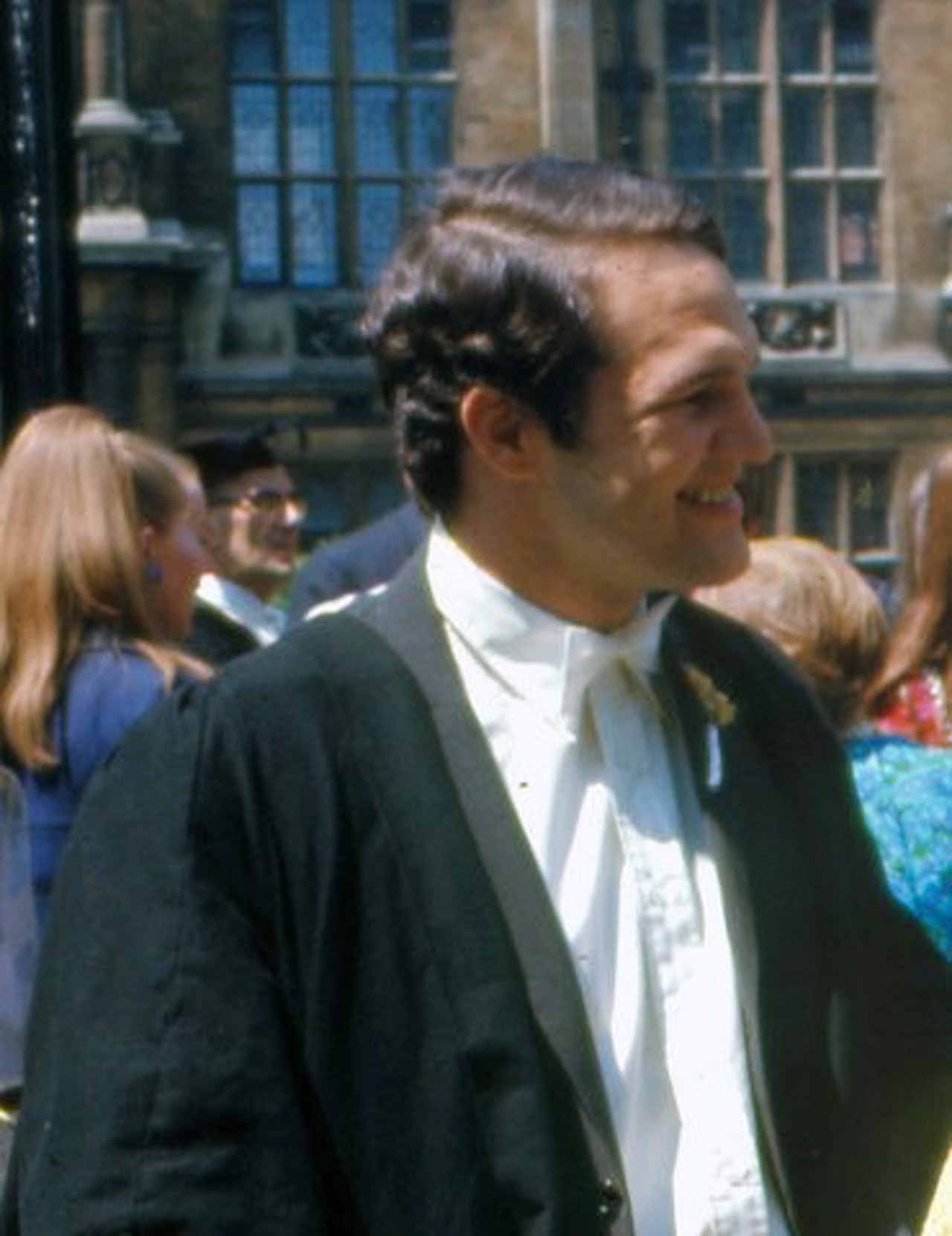
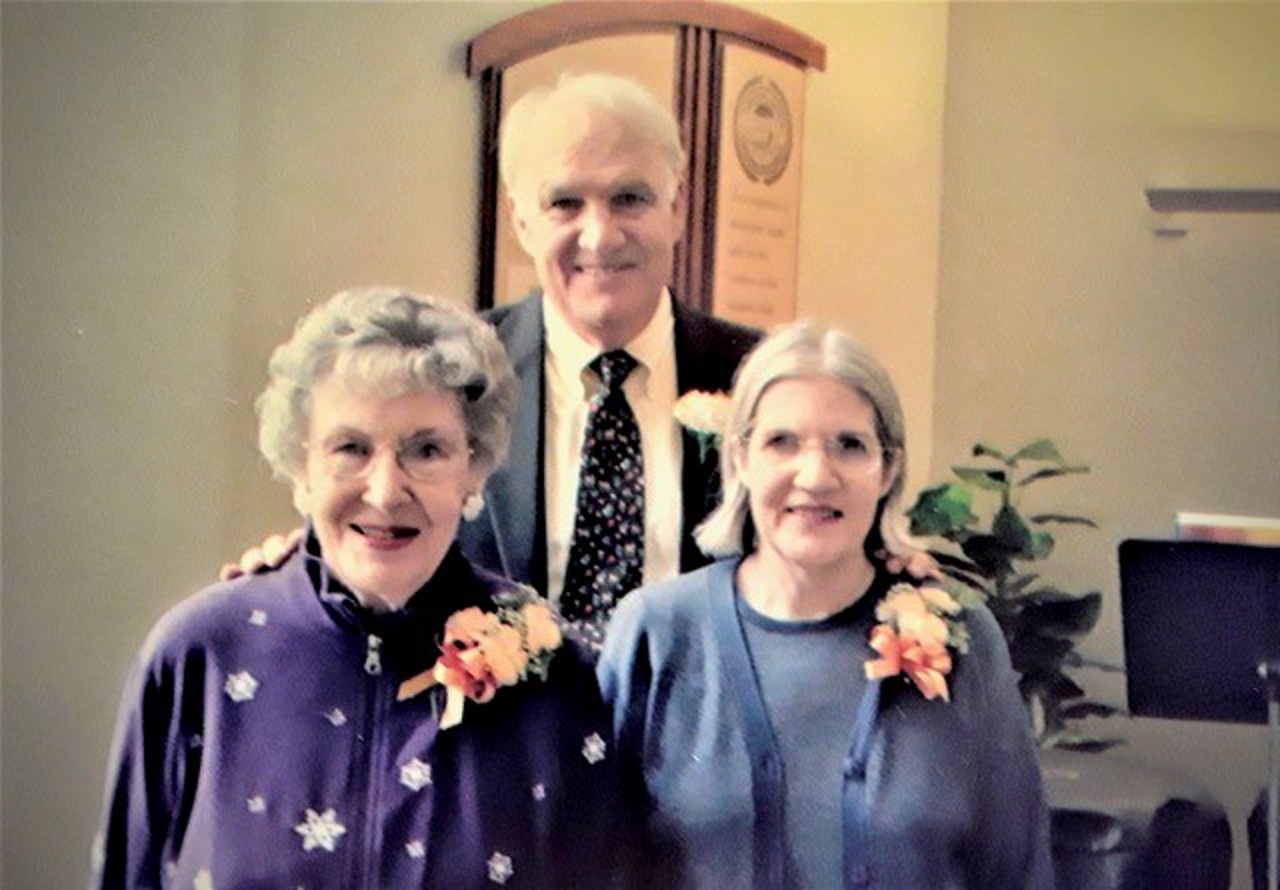
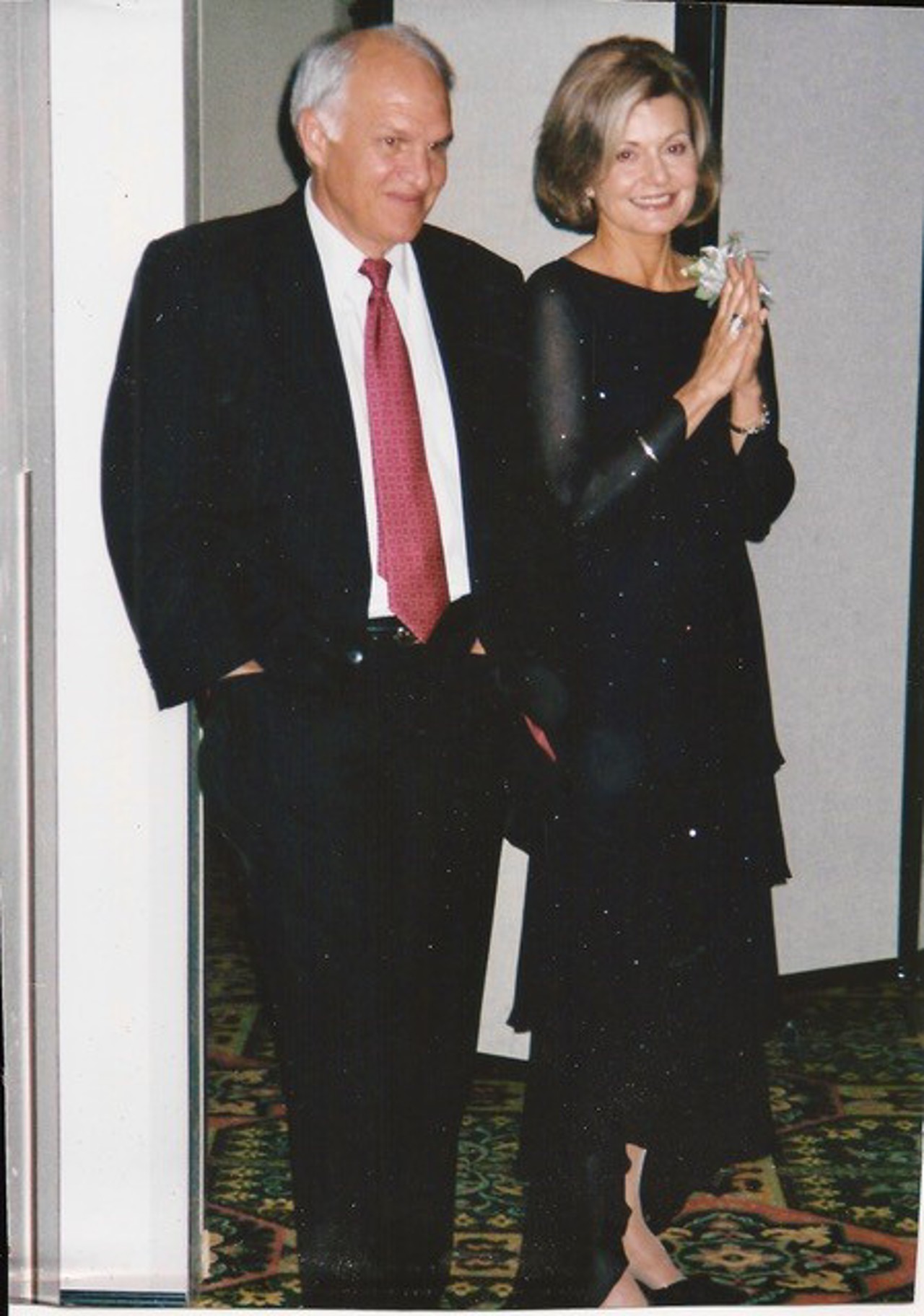
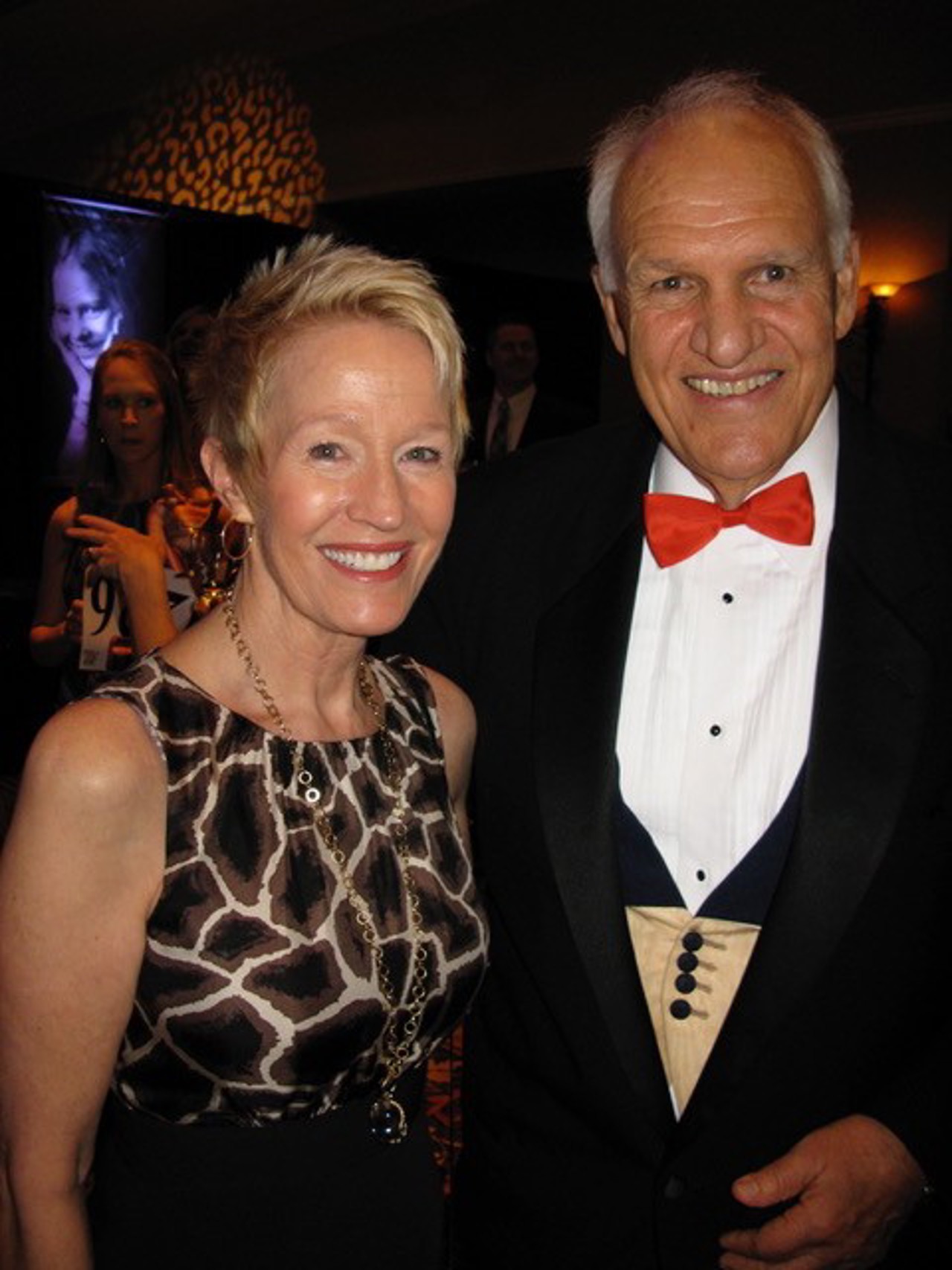
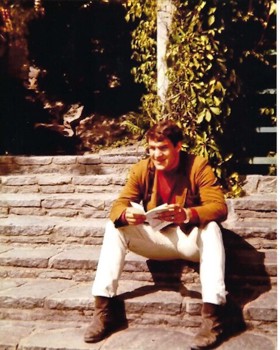
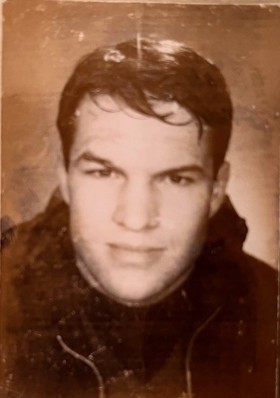
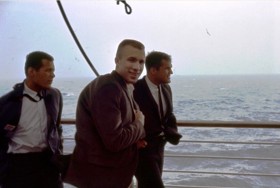
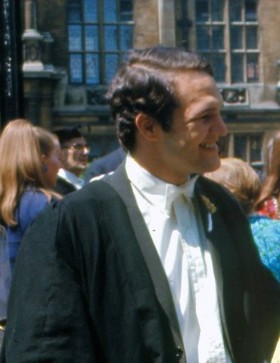
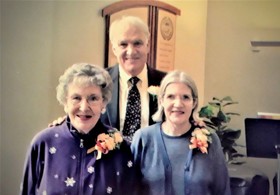
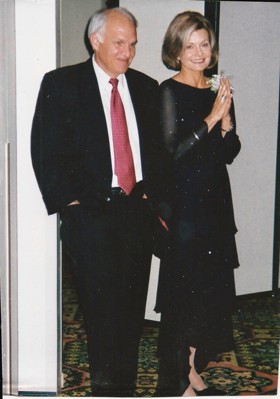
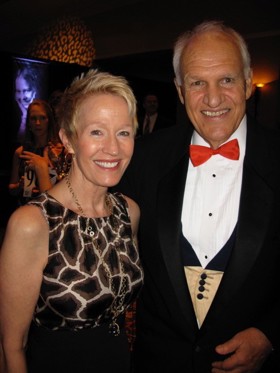
An idyllic childhood
I was born in Iowa and when I was six, we moved to Jamestown, North Dakota, where my dad had the opportunity to teach at a small liberal arts college. It was an idyllic childhood. I look back on it now and it seems so simple and innocent. Nobody locked their doors. It was a wonderful community that looked after each other. If you did something wrong, you knew that by the time you got home, some neighbour would have told your mother about it already.
My life was filled with sports. I also sang in the school choir, played in the band, and was class president all four years of high school. I particularly enjoyed science classes, and I had a superb English teacher who taught me how to write simply declarative statements and shared with us her love of Shakespeare and English poetry. In my spare time, I loved working on the car that I’d bought, and I remember announcing to my mother one day that I wasn’t going to college and instead I was going to become a car mechanic. I still remember her steely eyed gaze across the table as she said, ‘Bart, no son of mine doesn’t go to college.’ So, that was the end of my mechanical career.
On applying for the Rhodes Scholarship
I’d been thinking about applying to Stanford or somewhere on the east coast, but I had a ferocious football coach who said, ‘You are not an A kid, Bart. You should go to military school.’ That had a big impact on me. I had always loved the idea of flying plus the Air Force Academy was new and in a beautiful setting. Then, my senior year, one of the assistant football coaches from the Air Force Academy flew out to Jamestown to encourage me to go there, so that cinched the deal.
The Academy was a very demanding but incredibly rewarding experience for me. I did well in military training plus I had so many good professors that really inspired me. I had the highest grade point average in my class, so one of my advisers suggested I should think about applying for a Rhodes Scholarship. I don’t know why exactly – maybe it had to do with the influence of my high school English teacher – but I’d always had a love of England, so the idea certainly appealed to me.
‘Oxford changed me forever’
It’s hard to think of two educational institutions that are more different than the Air Force Academy and Oxford University. At the Academy, every minute was programmed while at Oxford, everything seemed unprogrammed. I was hugely excited about the freedom and opportunity to meet students from all over the world and to learn from them.
Oxford really did change me forever. I had excellent tutors. I had already studied some economics and I continued to enjoy that, but the most unexpected thing for me, was how much I also enjoyed my study of philosophy. Being at Oxford also gave me a very different view of my own country, and a much broader perspective on a whole range of national and international events. Specifically, I had to grapple with the scepticism in England about what the US was doing in Vietnam.
I made deep friends while I was at Oxford who are still some of my closest friends now. I also met my first wife at Oxford, where she was studying too, and we had some amazing opportunities to travel in the UK and on the continent. I also had a memorable trip to Russia with three friends. We bought an old Land Rover and drove up through Sweden, across the ferry into Finland, into Russia at St Petersburg, all the way down to Yalta, then back out through eastern Europe. We camped all the way, and we painted a map of our itinerary on the Land Rover itself. So, everybody came up and talked with us.
‘The hardest thing I’ve ever had to do’
Four days before I was due to leave Oxford, I had a terrible motorcycle accident. The Warden of Rhodes House, Bill Williams, and his wife, Gill, came to visit me in hospital and they could not have been kinder.
But because of my accident, I couldn't go straight into pilot training as planned, so I went to work at the Pentagon as one of McNamara’s Whizz Kids. I served out the seven years of my military career working on some very interesting projects, including trying to calculate Soviet military expenditure and looking at the Vietnamese economy. After that, I left the Air Force and went to the Department of the Interior, eventually going on to become deputy assistant administrator of what became the Federal Energy Administration.
I decided to leave the government and took up a role with Gulf Oil, working on strategic planning. Being there inspired me to start my own oil and gas company. I raised the money and teamed up with friends to set up a mini conglomerate. But this was 1981, at the peak of oil prices and following that, there was a long price decline and a recession. The economy was in bad shape, and I found myself in a very tough financial situation. I had to go to the banks who’d invested in the company and ask them to take and divide all my assets, just to avoid bankruptcy.
It’s the hardest thing I’ve ever had to do, but in some ways, it was also luckiest thing that happened to me. I took a position with a venture capital fund, and it was a business in which I felt very much at home. It had taken me 41 years to find what I really enjoyed doing, but that was it. I have to say, I hate the way that venture capitalists are portrayed on TV now. I have found the community to comprise highly principled people who want to work with entrepreneurs to build companies and create value. In 1987, a group of us called Brinson Partners were able to do a buyout of the investment operation of the First National Bank of Chicago and then, in the mid-1990s, we were approached by Swiss Bank Corporation about running their investment operation. When Swiss Bank merged with UBS, I found myself running the private markets group there.
On the Dakota Foundation and helping others help themselves
It seems to me that while no one is promised equality of outcome, we all need to work as hard as possible to bring about equality of opportunity. Nothing inspires me more than seeing people find an opportunity to improve themselves and take advantage of it to make their lives and the lives of their families better.
So in 1997, I set up the Dakota Foundation, with the mission of helping others help themselves. I don’t believe in handouts, but I do believe in creating opportunities that give people the ability to improve their capabilities to support themselves and their families. We’ve done a lot of projects I’m proud of over the past 27 years. One of the first things we did was set up a scholarship at the Air Force Academy for one graduate a year to go to Exeter College at Oxford for a two- to three-year graduate programme, and the arrangement with the Air Force Academy is that they rank their Rhodes candidates each year, and the highest-rated student who doesn’t get a Rhodes Scholarship gets our scholarship.
The Dakota Foundation is focused on bringing a business-type level of efficiency to support the dedication of people working in non-profits. One partnership that especially stands out for me is a group in Colorado Springs that employs people with autism to recycle specialised electronic goods. It’s created a workforce of people who no longer need government support, it’s recycling waste that would normally go to landfill, and now, it’s even supporting other companies to employ people with disabilities. It’s a great operation. Another success has been working with the University of North Dakota to set up the first ever student-led venture capitalist group. They’ve consistently achieved better results than any of the angel funds in the area and I’m so proud of them.
To today’s Rhodes Scholars, I would say
...always be grateful, always be curious, and always look for ways to make things better. I grew up watching the way my family supported those less fortunate in our community, and I’ve always believed that those of us who are blessed have an obligation to help those who are less fortunate.
